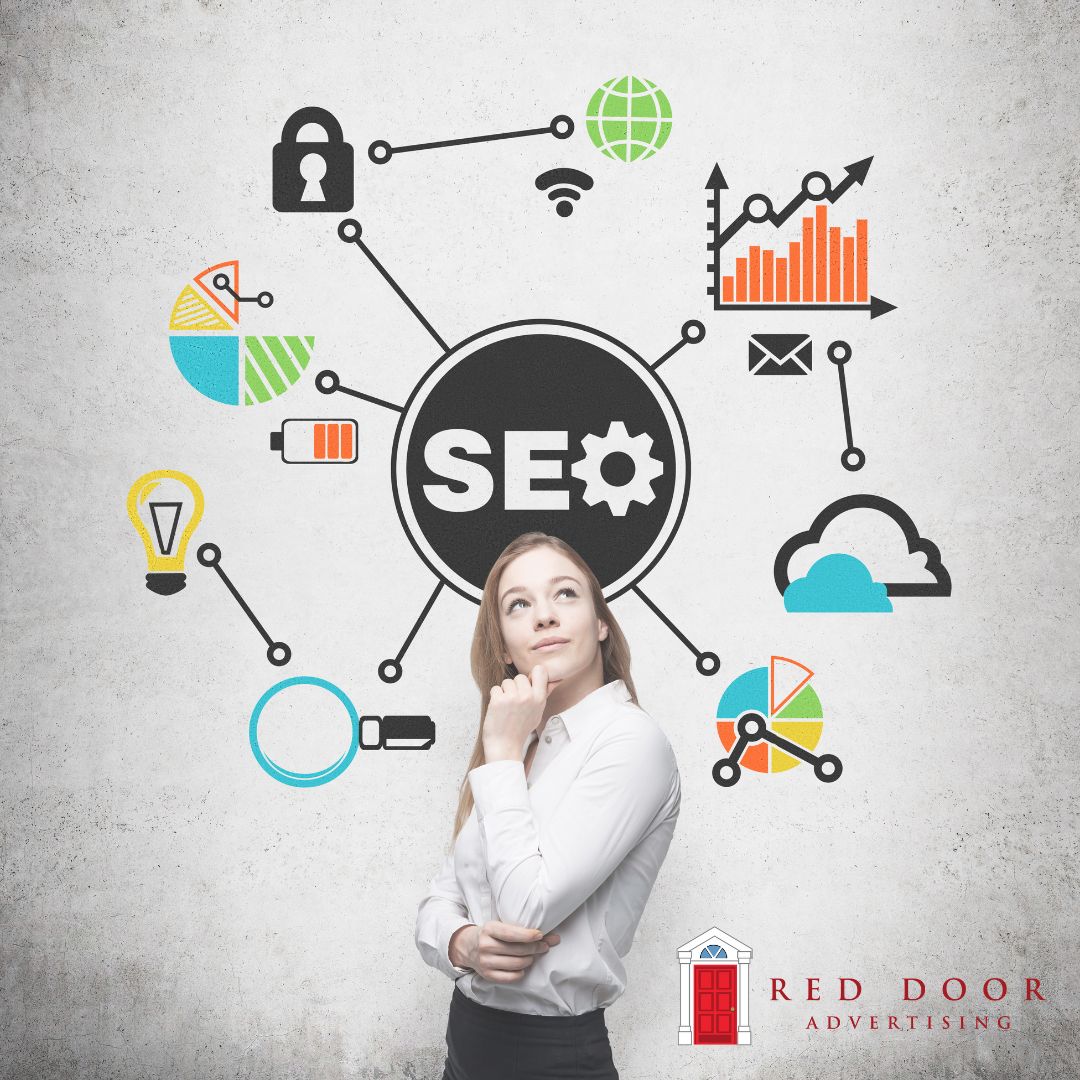
29 Jul What SEO Is and Why It’s Critical for Your Advertising Strategy
In the ever-evolving landscape of digital marketing, Search Engine Optimization (SEO) has emerged as a crucial component for businesses aiming to enhance their online presence and visibility. SEO refers to the practice of optimizing a website to improve its rankings in search engine results pages (SERPs) for relevant keywords and phrases. This organic, free approach to attracting website traffic is essential for any size of business.
SEO encompasses a variety of strategies and techniques designed to improve a website’s ranking in search engine results. These strategies can include:
- Keyword Research: Identifying and targeting specific keywords and phrases that potential customers are likely to use when searching for products or services related to your business.
- On-Page Optimization: Optimizing various elements on your website, such as meta tags, headings, content, and images, to make them more relevant to targeted keywords and improve user experience.
- Content Creation: Developing high-quality, informative, and engaging content that not only meets the needs of your target customers but also aligns with search engine algorithms’ preferences for valuable content.
- Link Building: Acquiring backlinks from reputable and relevant websites to demonstrate authority and trustworthiness to search engines.
- Technical SEO: Improving technical aspects of your website, such as site speed, mobile-friendliness, and secure HTTPS connection, to enhance user experience and meet search engine standards.
And here are 7 reasons why SEO is important for your advertising strategy:
- Increased Visibility and Traffic: The key goal of SEO is to improve your website’s visibility in search results. Higher rankings lead to increased organic traffic, as users are more likely to click on top-ranking results. This increased visibility translates into more opportunities to attract potential customers who are actively searching for products or services like yours.
- Cost-Effectiveness: Unlike paid advertising campaigns, which require continuous investment to maintain visibility, SEO offers a cost-effective long-term strategy. Once you establish strong organic rankings, you can continue to attract traffic without advertising spend, making SEO a sustainable investment for your business.
- Builds Credibility and Trust: High-ranking websites are often viewed as more credible and trustworthy by users. By consistently appearing at the top of search results, you can build brand credibility and elevate yourself as an expert in your industry. This trust can lead to higher conversion rates and customer loyalty over time.
- Targets Qualified Leads: SEO allows you to target users who are actively searching now for specific products or services related to your business. These users are often further along in the buying cycle and more likely to convert into customers. By optimizing your content and targeting relevant keywords, you can attract qualified leads and improve your overall sales funnel.
- Complements Other Marketing Channels: SEO works in sync with other digital marketing channels, such as social media, content marketing, and paid advertising. By integrating SEO with your overall marketing strategy, you can create a packaged approach to attract, engage, and convert potential customers across multiple channels.
- Measurable Results and Insights: SEO provides valuable insights into user behavior, preferences, and search trends through analytics tools such as Google Analytics. These insights enable you to continuously refine and optimize your SEO strategy based on data-driven decisions, improving your overall marketing results.
- Adapts to Changing Consumer Behavior: With the rise of mobile and voice search, SEO has evolved to accommodate changing consumer behavior and search patterns. Optimizing your website for mobile devices and leveraging voice search optimization techniques ensures that your business offers accessibility and visibility to a broader audience.
Once you understand what SEO is, why it’s key for advertising, and what some techniques are, here are ways to implement and leverage the benefits of effective SEO strategies:
- Conduct comprehensive keyword research to identify relevant and high-traffic keywords.
- Optimize on-page elements, including titles, meta descriptions, and headers, with targeted keywords.
- Create valuable and engaging content that addresses the needs and interests of your target audience.
- Build high-quality backlinks from reputable websites to improve your site’s authority and credibility.
- Monitor and analyze SEO performance regularly using analytics tools to identify opportunities for improvement.
SEO is a fundamental element of modern digital marketing strategies, offering businesses the opportunity to enhance visibility, attract qualified leads, build credibility, and achieve sustainable growth. By prioritizing SEO as part of the cornerstone of your advertising strategy, you can position your business for long-term success in an increasingly competitive online landscape.


